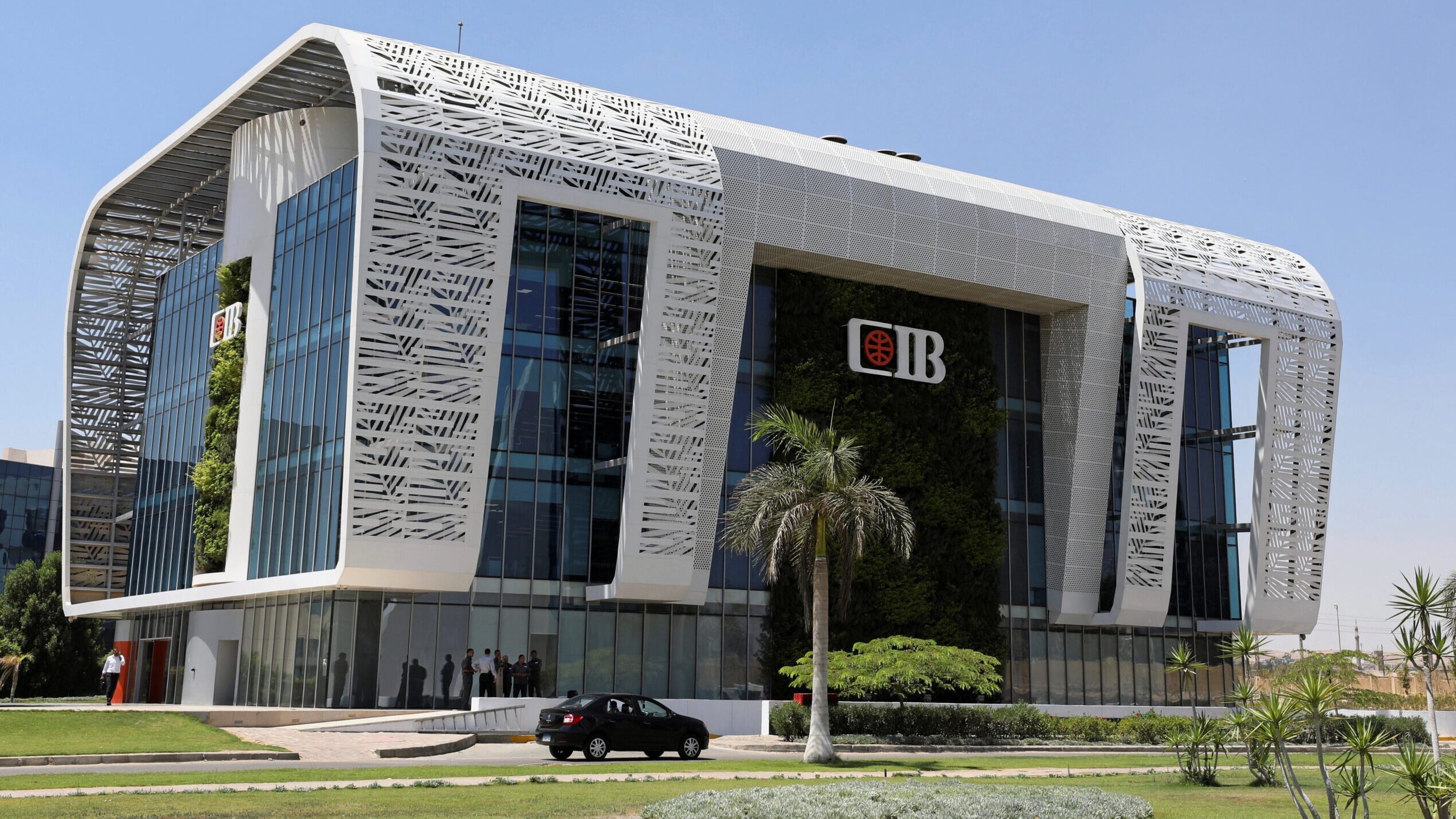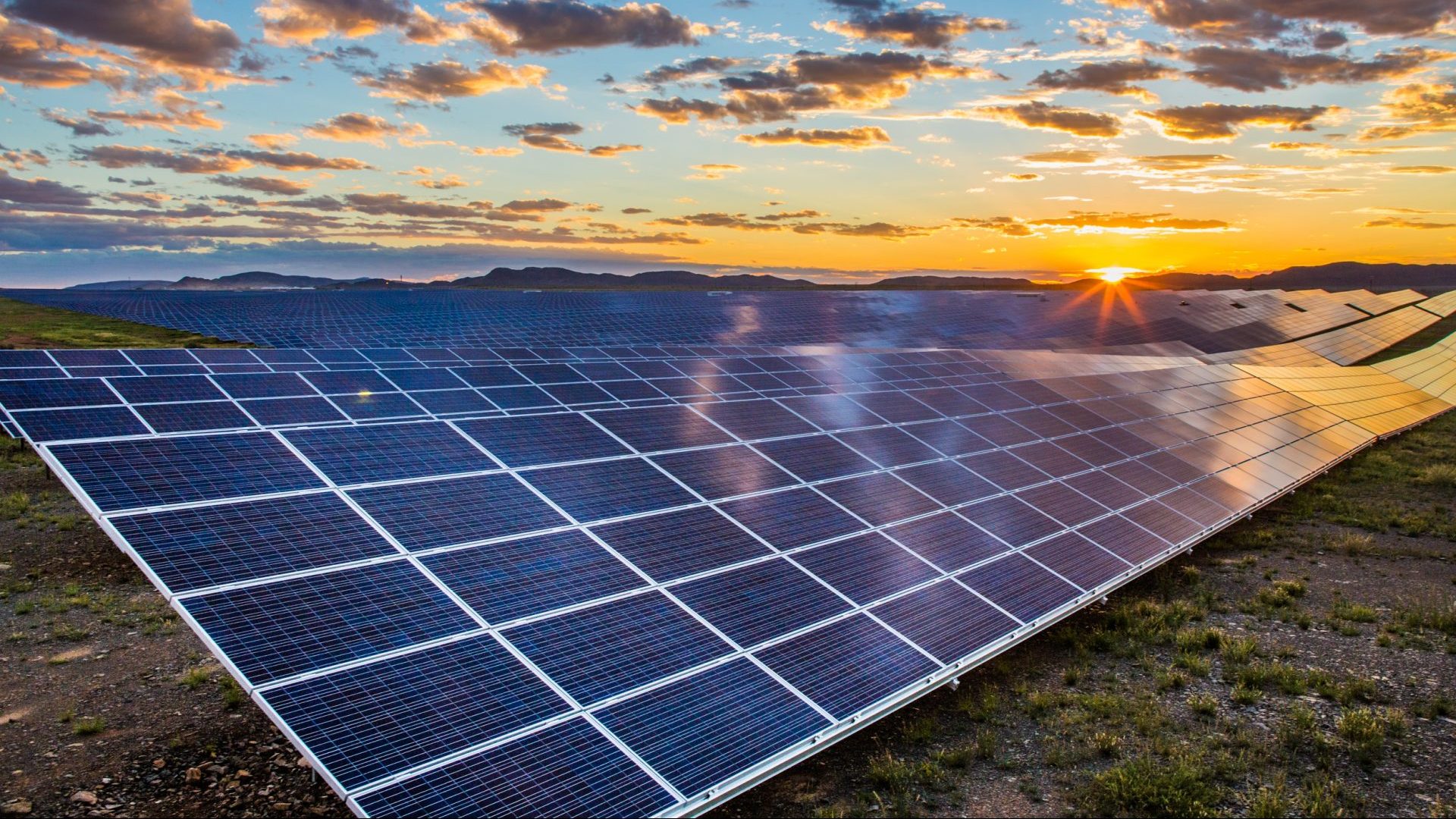A new report released Wednesday by Google and the International Finance Corporation (IFC), estimates that Africa’s Internet economy has the potential to reach 5.2% of the continent’s gross domestic product (GDP) by 2025, contributing nearly $180 billion to its economy.
“Google and IFC have created this report to highlight the role the digital startup sector is playing and other factors driving the continent’s growth, in order to showcase and support the opportunities the continent presents,” Google Africa director Nitin Gajria said.
According to the report, digital connectivity has rapidly expanded across Africa over the past decade. Between 2010 and 2019, more than 300 million Africans gained access to the internet, with nearly 500 million new smartphone connections.
Presently, across the continent, 60% of the population accesses the internet via mobile. By 2025, 167 million more people from Sub-Saharan Africa will have subscribed to mobile services reaching 623 million users, and smartphone connections in the region will more than double. In the next decade, the number of internet users in Africa will grow by 11%, representing 16% of the total global amount.
Google and IFC project that in the next decade, the number of internet users in Africa is expected to grow by 11%, representing 16% of the total global amount. With this increase in internet access, it could mean the creation of 44 million jobs if 75% of the population has access to the Internet.
“The digital economy can and should change the course of Africa’s history. This is an opportune moment to tap into the power of the continent’s tech startups for much-needed solutions to increase access to education, healthcare, and finance, and ensure a more resilient recovery, making Africa a world leader in digital innovation and beyond,” said Stephanie von Friedeburg, Interim Managing Director, Executive Vice President and Chief Operating Officer of IFC.
How internet connectivity will lead to economic opportunities
Partech Ventures Africa, a global investment platform for tech and digital companies, says that the continent is currently home to 700,000 developers with venture capital funding increasing year-on-year for the past five years reaching a record of $2.02 billion in equity funding raised in the last year.
According to Partech, this growth is due to a combination of factors such as increased access to faster and better quality Internet connectivity, a rapidly expanding urban population, a growing tech talent pool, a vibrant startup ecosystem, and Africa’s commitment to creating the world’s largest single market under the African Continental Free Trade Area (AfCFTA).
Investments in infrastructure, consumption of digital services, public and private investment, and new government policies and regulations will play an important role in supporting Africa’s digital growth. The report notes that investment in digital skills will also need to increase in order to help drive technology usage and continue to grow the continent’s talent pool.
SOURCE: CGTN

Ethiopia has cleared the way for Safaricom to introduce M-Pesa in the market of 110 million people after deciding to include the ...

Egyptian largest private sector bank by assets Commercial International Bank (CIB) is seeking to acquire more banks to strengthen ...

The European Investment Bank and International Solar Alliance have published a study outlining access solutions to overcome key ...

Kenya has been ranked the top country in the world in reducing population with no access to electricity, pointing to the impact ...